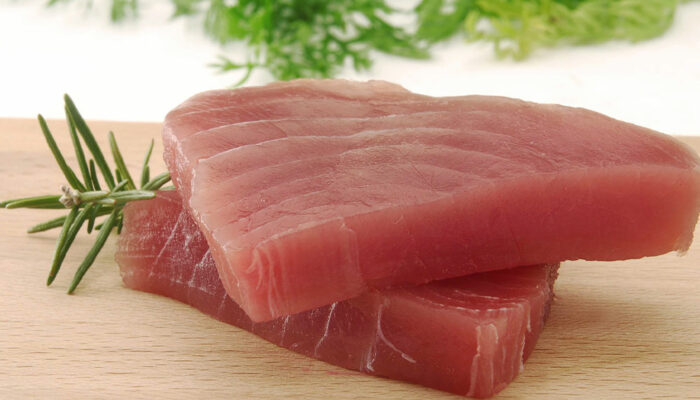5 health conditions that may cause muscle pain

Clinically referred to as myalgia , muscle pain is an ache that occurs in your ligaments, soft tissues, or tendons that connect your bones and muscles. This pain may be limited to one area of the body or spread over a group of muscles. While in most cases, these cramps and pains resolve on their own, they can sometimes be a symptom of an underlying health condition. These conditions are known to cause muscle pain:
Fibromyalgia
Fibromyalgia is a chronic illness that is commonly known to cause cramps and muscle pain. This disorder amplifies how your spinal cord and brain process pain sensations. The muscle aches associated with this condition usually cause widespread dull pain on both sides of your body, particularly below the waist. Such an issue may often lead to sleep disorders and daytime fatigue. Fibromyalgia is usually caused by repeated nerve stimulation, which changes the levels of certain chemicals that indicate pain. Some common reasons for this are
- Genetics
- Chronic stress
- Physical trauma and injuries
- Conditions such as lupus or osteoarthritis
- Illnesses like Lyme disease
- Infections like HIV
Fibromyalgia is treated by administering painkillers or an XL Patch. Physical and occupational therapy also helps in relieving painful muscles.
Anemia
This condition occurs the number of red blood cells in the body is low. Anemia prevents enough oxygen from reaching the tissues. When you consume low iron, the body begins to use up its stores of iron. Those with anemia often suffer from muscle pain. This issue is mainly caused by the lack of oxygen in the muscles and the accumulation of toxins in these muscles due to the absence of red blood cells. Back cramps due to anemia can be relieved by eating more iron-rich foods and taking iron supplements. Deep-tissue massage and using an XL Patch also help in relieving muscle pain.
Intermittent claudication
Intermittent claudication is a condition that leads to dull muscle pain, especially in your legs. It may also be accompanied by weakness, tingling, or numbness. Muscle pain due to claudication occurs mainly because your body needs more oxygen to function when you are active. Circulatory problems lead to a lack of oxygen and, eventually, cramps. These issues are also treated by
- Making lifestyle changes
- Walking and exercising more
- Prescription treatment options
- Physical therapy
- Using a pain-relieving patch
Lyme disease
This bacterial infection is another common cause of cramps and muscle pain. When the bacteria travels through your bloodstream, it begins affecting different tissues in your body. Lyme disease causes muscle pain because your immune system kicks into action by releasing histamine, which leads to a dull ache all over the body. In the advanced cases of Lyme disease, there is an even stronger cellular immune response. Aching muscles due to this condition are treated through
- Pain-relieving creams and oil
- A hot bath with Epsom salts
- Painkillers and antibiotics
- Exercises and muscle-relaxation techniques
Polymyositis
This inflammatory muscle disease leads to inflammation, weakness, and ultimately pain in the muscles, especially those closest to the body’s trunk, including your hips, upper back, neck, thighs, and upper arms. The condition also affects the tissues closest to the muscles, such as the blood vessels supplying blood. The risk factors of this condition include
- Viral infections such as HIV
- Respiratory diseases
- Autoimmune conditions like lupus
Polymyositis is usually treated through
- Immunosuppressants
- Steroids to ease muscle inflammation
- Physical therapy
- Pain-relieving gels and patches
Almost everyone suffers from cramps now and then. Temporary muscle pains usually respond to at-home care and rest. But if your muscle ache has become chronic and is not subsiding despite measures, you must seek professional assistance. Such signs may indicate a serious underlying condition you may be unaware of.



